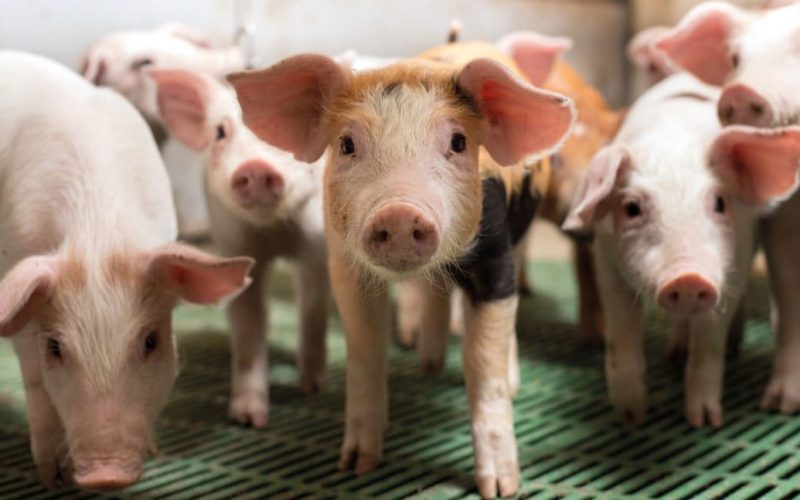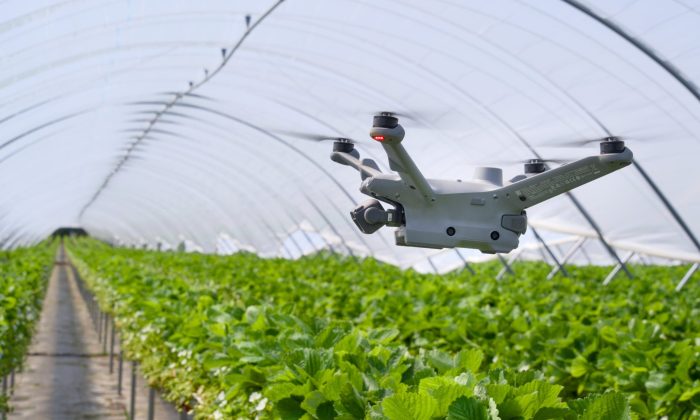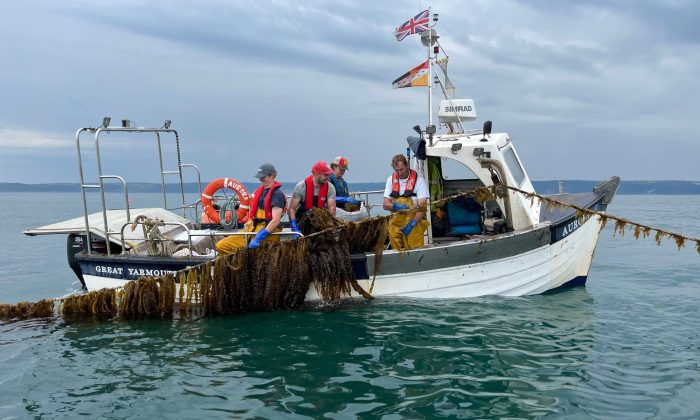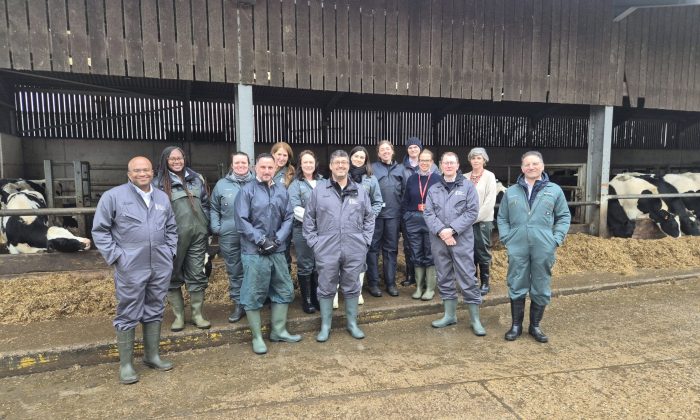There are mounting pressures on the agri-food industry to enhance sustainability – part of this is the reconsideration of traditional feed and supplement practices for pig and poultry farming, with a focus on reducing environmental impact whilst ensuring food security and resilience within the supply chain.
Transformative innovations in this sector look to increase feed efficiency to remove waste, improve profitability and facilitate the transition towards a low-carbon bioeconomy. There are opportunities to free up land for human food production and mitigate competition between food and feed crops.
The UK Agri-tech Centre is working with partners across the supply chain to accelerate innovations and build resilient agri-systems that adapt to the global challenges affecting farming. Aligning with Net Zero carbon emission targets, strategies including diverting waste from landfill can contribute to a more circular and sustainable agricultural system.
Recycling by-products to improve piglet health
The UK Agri-Tech Centre is part of a consortium including The University of Leeds and the co-funded National Pig Centre, alongside AgriFood X, Cranswick PLC and BioPower Technologies. Together, the project partners are developing a sustainable alternative to zinc oxide for the health and survival of post-weaning piglets in project SNAPP, aimed at enhancing pig health and improving meat quality.
During the post weaning stage piglets require supplementation in their diets to promote gut health and prevent diarrhoea, a common issue exacerbated by stressors associated with weaning.
Traditionally, zinc oxide was included in piglet feed to provide this supplementation. However, concerns over the environmental impact, has led to a ban of its use and the industry has had to look for suitable alternatives.
This two-year Innovate UK funded project aims to develop alternatives to zinc oxide by leveraging natural compounds such as polyphenols found in surplus fruit and vegetable by-products, offering a promising solution to support piglet health and bridging the gap left as a result of the zinc oxide ban.
Building on previous feasibility studies, the project explores the use of polyphenols to improve gut health and survival rates in pigs. Polyphenols, found in plants, possess antimicrobial, anti-inflammatory, and antioxidant properties.
The project aims to reduce waste sent to landfills but also offers farmers an additional revenue stream, improving profitability, promoting innovative product development and facilitating the transition to a low-carbon circular bioeconomy.
Aquaculture-based alternative proteins
Aquanzo, in collaboration with St Andrews University and SRUC (Scotland’s Rural College), is pioneering a two-year trial introducing a commercial novel marine ingredient to the poultry industry.
The Farmed Marine Protein project is focused on Artemia, a protein-rich marine zooplankton, cultivated on land using agricultural by-products as feed. This nutrient-rich product not only addresses the growing demand for animal feed but also reduces reliance on imported resources.
Watch the latest project video and learn more about how we can reduce the economic and sustainability burdens of fishmeal with alternative protein solutions.
Seaweed for poultry feed
The UK Agri-Tech Centre, alongside Seaweed Generation and MicroGrow Systems aims to establish dulse as a promising plant-based protein alongside academic partners University of West London and SRUC.
The Novel Seaweed Chicken Feed project focuses on the use of dulse as chicken feed. Dulse is a type of edible red seaweed that grows well in cold coastal waters and is rich in vitamins, minerals, and protein. The project will investigate and measure the impact on growth as well as gut health and any microbiome impacts.
The project seeks to evaluate the feasibility of tank vs sea-cultivated dulse as a practical and cost-effective alternative for chicken feed. The key objectives of this two-year Innovate UK funded initiative include:
- Developing an automated macroalgal protein cultivation system to produce a locally sourced protein source for poultry feed.
- Conducting biochemical analysis and in vivo trials to assess the impact of dulse on the poultry gut microbiome, including microbial diversity, antimicrobial resistance (AMR), and the occurrence of zoonotic pathogens.
This will pave the way for a sustainable and viable protein source for the poultry industry while also contributing to understanding its potential impact on poultry health and food safety.
Partnering with Impact
“The Pig and Poultry fair is a great biannual opportunity to share what UK Agri-Tech Centre can do and provides us with the prefect environment to network with industry and farmers.”
Nutrition Specialist, Fiona Short
“Showcasing these projects enables us to highlight the need for additional ingredients in our basket, to ensure a sustainable supply chain for animal feeds. Utilising aquaculture, the farming of the sea, to support chicken production is a great way to support the development of novel production mechanisms for the seaweed industry, securing a market for their output, and creating a nutritious addition for the feed industry.”
Project Manager, Polly Douglas



